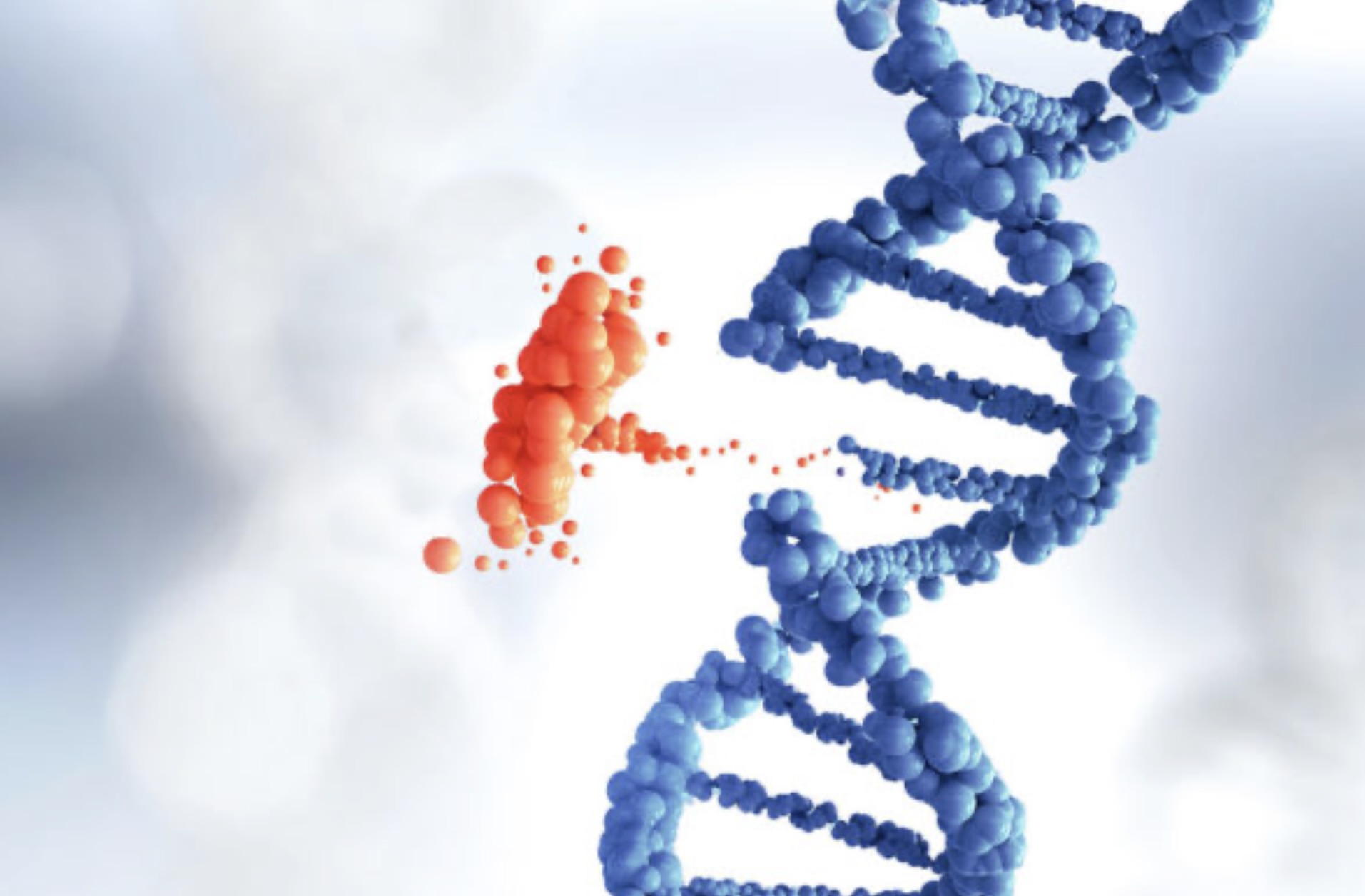Multiple Endocrine Deficiency Syndrome: Symptoms, Causes, Treatment
What are the symptoms of multiple endocrine deficiency syndrome?
Multiple endocrine deficiency syndrome, also known as multiple endocrine neoplasia (MEN) syndrome, is a group of rare genetic disorders that affect the endocrine glands, which are glands that produce hormones. There are several types of MEN syndromes, each with its own set of symptoms. The most common types are MEN1 and MEN2.
Symptoms of MEN1 may include:
- Tumors of the parathyroid glands: These tumors can lead to hyperparathyroidism, which can cause fatigue, weakness, kidney stones, and bone pain.
- Tumors of the pancreas: These tumors can cause symptoms such as abdominal pain, weight loss, and changes in blood sugar levels.
- Tumors of the pituitary gland: These tumors can cause symptoms such as headaches, vision problems, and hormonal imbalances.
- Other tumors: MEN1 can also be associated with tumors of the adrenal glands, lungs, and other organs.
Symptoms of MEN2 may include:
- Tumors of the thyroid gland: These tumors can be benign or cancerous and can cause symptoms such as a lump in the neck, hoarseness, difficulty swallowing, and changes in voice.
- Tumors of the adrenal glands: These tumors can cause symptoms such as high blood pressure, weight gain, and muscle weakness.
- Other tumors: MEN2 can also be associated with tumors of the parathyroid glands and other organs.
It’s important to note that not everyone with MEN syndrome will experience all of these symptoms, and the severity of symptoms can vary. If you or someone you know has symptoms that may be related to MEN syndrome, it’s important to see a healthcare provider for an accurate diagnosis and appropriate management.
What are the causes of multiple endocrine deficiency syndrome?
Multiple endocrine neoplasia (MEN) syndromes are genetic disorders caused by mutations in specific genes. There are several types of MEN syndromes, each caused by mutations in different genes. The most common types are MEN1 and MEN2.
- MEN1: MEN1 is caused by mutations in the MEN1 gene, which is located on chromosome 11. This gene provides instructions for making a protein called menin, which is thought to act as a tumor suppressor. Mutations in the MEN1 gene lead to the production of a nonfunctional menin protein, which allows tumors to develop in the endocrine glands.
- MEN2: MEN2 is caused by mutations in the RET gene, which is located on chromosome 10. The RET gene provides instructions for making a protein that is involved in the development and maintenance of nerve cells. Mutations in the RET gene lead to the production of a protein that is constantly active, which can lead to the development of tumors in the endocrine glands.
In both MEN1 and MEN2 syndromes, the mutated gene is inherited in an autosomal dominant pattern, which means that a person only needs to inherit one copy of the mutated gene from one parent to develop the syndrome. Each child of a person with an autosomal dominant condition has a 50% chance of inheriting the mutated gene.
It’s important to note that not everyone with a mutation in the MEN1 or RET gene will develop MEN syndrome. Some people may carry the mutated gene but never develop symptoms, while others may develop the syndrome later in life. Genetic testing can help determine whether a person carries a mutation in one of these genes and is at risk for developing MEN syndrome.
What is the treatment for multiple endocrine neoplasia (MEN) syndromes?
Multiple endocrine neoplasia (MEN) syndromes are a group of rare genetic disorders that affect the endocrine glands, leading to the development of tumors in these glands. There are three main types of MEN syndromes: MEN1, MEN2A, and MEN2B. Treatment for MEN syndromes depends on the specific type and the glands involved, but it generally involves a combination of surveillance, medical management, and surgery. Here’s a brief overview:
- MEN1: This syndrome involves tumors in the parathyroid glands, pancreas, and pituitary gland. Treatment may include regular monitoring of hormone levels, medications to manage symptoms like excess stomach acid, and surgery to remove tumors if they become problematic.
- MEN2A: This syndrome is characterized by tumors in the adrenal glands, parathyroid glands, and thyroid gland (medullary thyroid carcinoma). Treatment often involves surgery to remove the affected glands or tumors. For medullary thyroid carcinoma, thyroidectomy (removal of the thyroid gland) is typically recommended.
- MEN2B: This syndrome is similar to MEN2A but also includes additional features such as mucosal neuromas and a distinctive facial appearance. Treatment involves similar approaches as MEN2A, with a focus on managing symptoms and removing tumors when necessary.
In all cases of MEN syndromes, genetic counseling and testing are important for early detection and management. Regular monitoring and screenings are often recommended to detect and treat tumors early. Treatment plans are individualized based on the specific needs of each patient and may involve a multidisciplinary team of healthcare providers.




